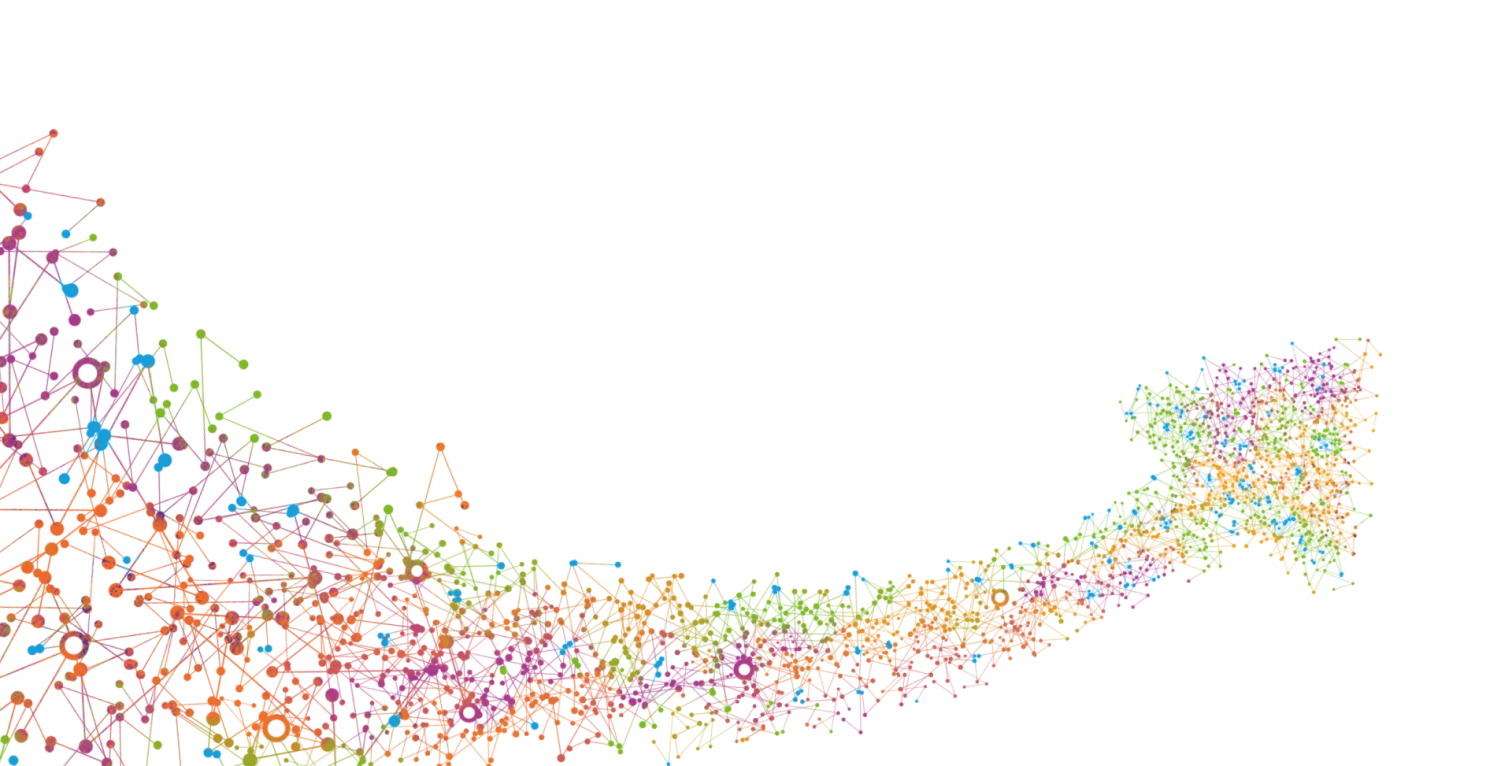Executive Overview
Setting the scene and progress towards the 3 billion targets and SDGs.
WHO is marking its 75th anniversary this year, with its 194 Member States and partners, by calling for a renewed drive for health equity. The past seven and a half decades have seen extraordinary progress in protecting people from diseases, health risks and harms. However, as this report shows, further progress is needed to achieve the triple billion targets towards attaining the health-related Sustainable Development Goals and meeting other health challenges, such as mental health, antimicrobial resistance and climate change.

- Improved access to quality essential health services irrespective of gender, age or disability status
- Countries enabled to provide high-quality, people-centred health services, based on primary health care strategies and comprehensive essential service packages
Improved access to quality essential health services irrespective of gender, age or disability status
Strengthening health and community systems towards universal health coverage, prioritizing primary health care amid COVID-19 challenges.
Together with Member States, we aim to strengthen health and community systems to progress towards achieving universal health coverage, whereby all people and communities have access to the full range of essential services across the life course through a strong and resilient, people-centred health system, without suffering from financial hardship.
On this journey, we prioritize primary health care as the entry point to universal health coverage. WHO’s focus is on accelerating progress through global leadership, the production of global public health goods, providing differentiated support to countries and ensuring that no one is left behind.
The COVID-19 pandemic has exposed the reality that many health systems are not adequately equipped or organized to protect the health of populations and is demonstrating the results of years of disinvestment or underinvestment in primary health care-oriented health systems
PROGRAMME BUDGET FUNDING AND UTILIZATION
WHO’s biennial Programme budget is based on the principles of transparency, accountability and providing value for money
The Seventy-fifth World Health Assembly adopted resolution WHA75.5 in May 2022, revising the approved base programmes segment of the Programme budget 2022-2023 to a total of US$ 6.726 billion. By the end of the first year, the total Programme budget has a good level of financing (US$ 8.3 billion), including projections, which exceeded the total approved. The good level of financing is explained by two event-driven budget segments: emergency operations and appeals, and polio eradication, the financing for which has needed to exceed the amounts established in the Programme budget in order to keep step with operational needs.





